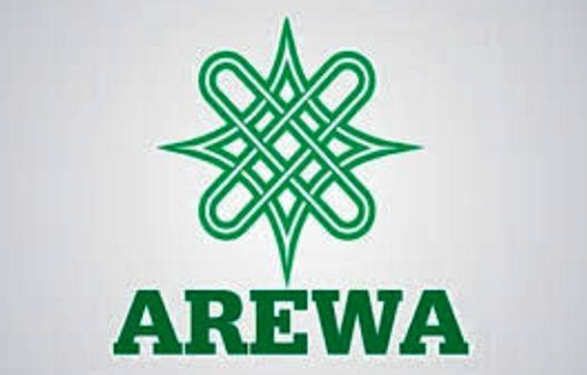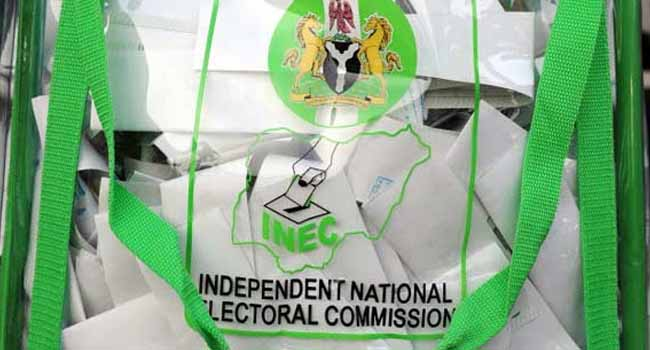$288.5m AfDB loan to be channeled in stabilizing economy – Ahmed

The African Development Bank (AfDB) had within the week approved the sum of $288.5m Covid 19 response support to assist Nigeria contain the spread.
Already the pandemic has affected several sectors of the country with aviation, SMEs, Media, Hospitality among others considered as the worst hit.
Currently, the battle against the Covid-19 has not been won yet , as it has killed about 400, 000 people and infected more than 7 million people globally.
According to the IMF projection, global economic activity to decline on a great scale, same goes to the world Bank which predicted wide global recessions for 2020.
While the COVID-19 pandemic’s toll on economic activity in recent months appears to be starting, data have suggested that long-term economic consequences could persist for a generation or more.
Consequently, the approval by board of directors of the African Development Bank (AfDB) on Friday to help Nigeria with $288.5 million loan tackle the COVID-19 pandemic and mitigate its impact on people and businesses, has received commendations by stakeholders.
The loan will bolster the government’s plans to improve surveillance and response to COVID-19 emergencies, ease the impact on workers and businesses and strengthen the social protection system, a statement by Yunusa Tanko Abdullahi, Special adviser to finance minister on Media has said.
In her reaction, the Minister of Finance, Budget and National Planning, Zainab Ahmed said the loan can at the right time especially when the federal government is soughting ways in reviving the economy and also boost growth.
“We are grateful for the gesture by AfDB for the prompt approval of our request. This is a very difficult time for the world economies, this facility will, therefore, help us create buffers for our economy.
“Our economic system has been shaped by multilateral relationship, and this will continue to strengthen our resolve and systems.” She said.
Nigeria, Africa’s most populous nation and the continent’s largest oil producer, is facing twin crises – a health epidemic caused by COVID-19, and an economic crunch largely occasioned by a global oil price plunge.
The loan is the Bank’s initial response to help mitigate the slump in oil prices and its impact on the national economy.
About 40.1 percent of Nigerians live below the poverty line of $1.90 per day and it is feared that the fall in household income during the pandemic will result in wealth deterioration for both the formal and informal sector workers.
“The proposed program will ensure that the fiscal position and the economy are sufficiently supported to weather the COVID-19 shocks, thereby limiting its potential adverse impact on livelihoods and the economy more generally,” Ebrima Faal, Senior Director of the AfDB for Nigeria said.
Prior to the COVID-19 outbreak, Nigeria’s economy was projected to grow by 2.9 percent of GDP in 2020 and further expand by 3.3 percent in 2021.
But with the advent of the pandemic and the slump in crude prices, the economy is expected to shrink by between 4.4 percent under a conservative baseline scenario, and 7.2 percent should the pandemic persist to end-2020.
Faal said that beyond the country’s immediate economic recovery needs, the Bank and other development partners, will dialogue with the government on proposals for medium-term structural reforms to diversify and boost domestic revenues away from the oil sector.
The Bank’s intervention aligns with its COVID-19 Response Facility (CRF); Ten-Year Strategy (2013-2022); and High 5 priorities, especially “Improve the quality of life for the people of Africa”.
It is also consistent with the second strategic pillar of the recently approved Bank’s Country Strategy Paper 2020-2024 for Nigeria.
The Bank has instituted strong fiduciary measures to monitor the use of COVID-19 funds, and will maintain dialogue, particularly with the Office of the Auditor General in Nigeria, to ensure adherence to the transparency and accountability of the funds, Faal said.







